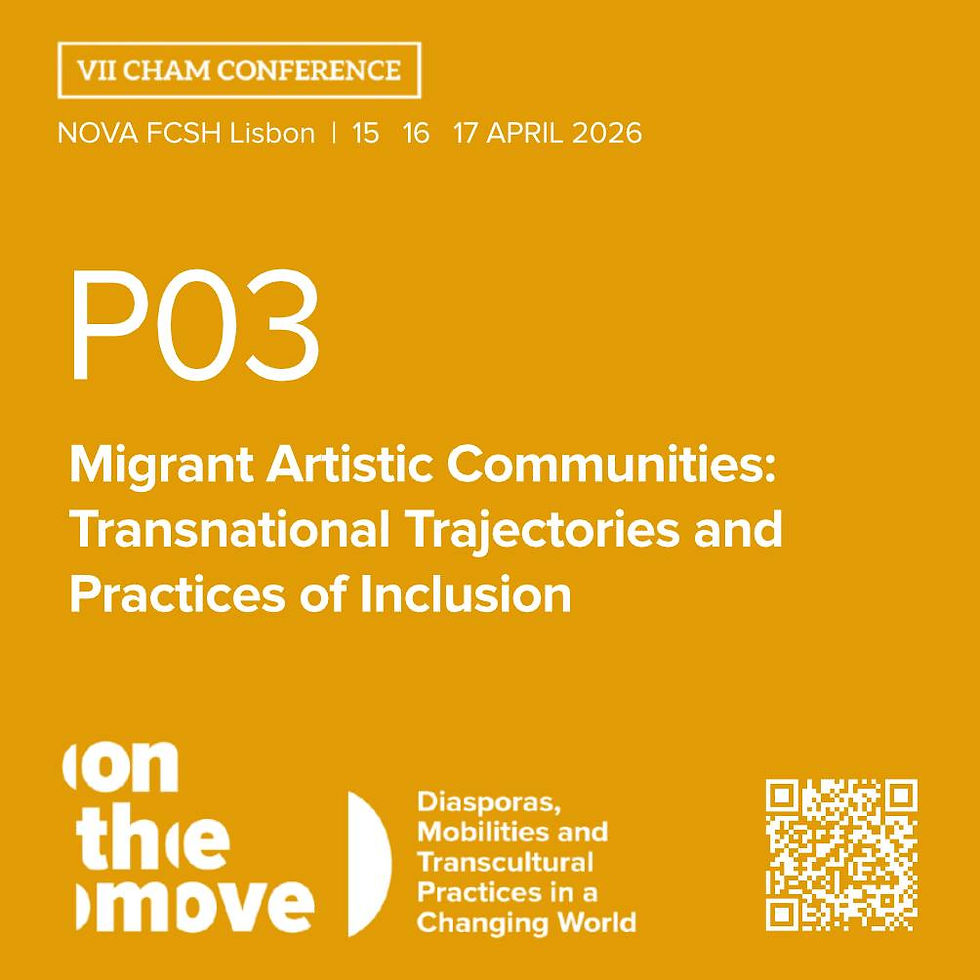Public lecture at the University of Bristol
- May 20, 2019
- 2 min read

Wednesday 29 May, 4-6pm, Rm 3.13, Theatre Department, Cantocks Close
In her book, Theatre and Migration, Emma Cox observes how ‘migration is, at its heart, about encounters with foreignness—with foreign people, and with foreign places’ (Cox 2014: 3). Consequently, ‘theatre of migration pays attention to imagining the contact zone between those who arrive and those who lay claim to ownership or custodianship over a territory. But who does the imagining?’ (2014:4-5). Moreover, what are the ethics of such encounters and the dramaturgical politics of such imagining? This lecture wishes to map the interferences between ethical and creative/ aesthetic practices of staging and performing migration, refugedom and asylum in a contemporary context. I will look at ethical positions and qualities in artistic processes and aesthetic modalities of migrant representation in contemporary theatre and performance in Europe and beyond.
It gives particular urgency to this issue that alongside traditional forms of migrant theatre (e.g. documentary, verbatim and testimonial theatre), new immersive, participatory and durational theatre projects have started to emerge. Driven by a quest for new aesthetic models to counter victimhood narratives and enhance empowerment, a growing number of migrant theatre initiatives employ complex artistic practices that act on multiple aesthetic, social and cultural levels. While surveying emerging ‘migratory aesthetics’ (Bal 2007), this lecture will present migrant theatre as ethical practice, highlighting that acts of representation, narration and participation have instrumental power in shaping the perception and reception of migrant cultures and communities.
Since migrant theatre productions strongly connect to individual and communal histories, ideologies and identities, having a personal impact on their participants (see Thompson 2004), ethical considerations are paramount in creative engagements and performative appropriations.




Comments